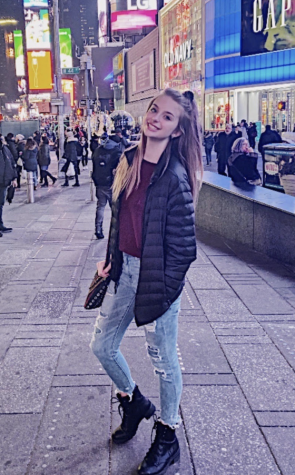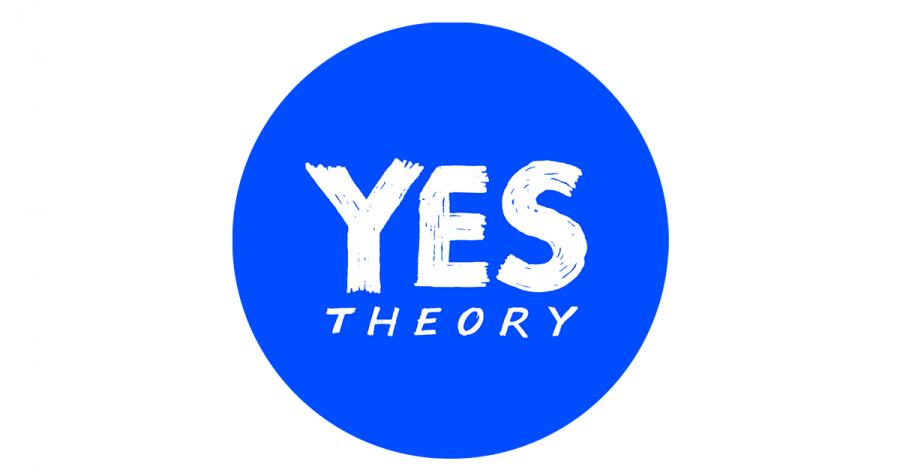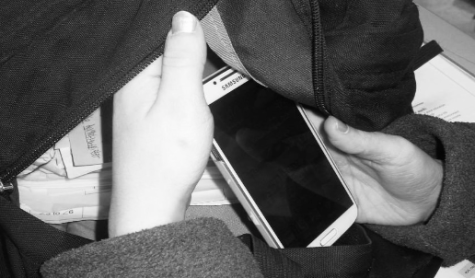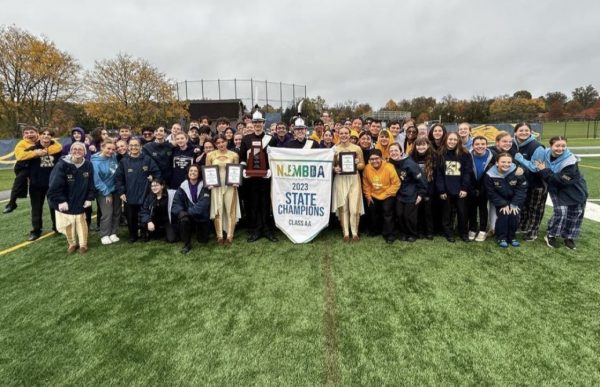The Yes Theory: Living Life Beyond Your Comfort Zone
In a year where people around the world are expected to overcome new obstacles and adapt to unprecedented situations, courage is something that I think we all need. Although sometimes we may feel overwhelmed or incapable, we all have it in us to attack and overcome whatever 2021 has to throw at us. As the year continues, I think it will become increasingly more important to push ourselves out of our comfort zones and reach new heights.
This tenacity and nerve is reflected in the popular YouTube channel known as “Yes Theory.” “Yes Theory” is a YouTube channel that features a group of men completing daring feats and attacking their biggest fears. The entire premise of their channel is to insert themselves into daring and mentally challenging situations in which they are forced to step outside their comfort zones. With over 6.27 million subscribers, their positivity and open-mindedness toward life has been able to reach audiences around the world.
The founders of “Yes Theory” come from all different walks of life. In 2015, Ammar Kandil from Egypt, Thomas Brag from France, and Matt Dajer from the US met and bonded over the shared idea that the best-lived life begins outside of comfort zones. Within weeks of meeting, they decided that they wanted to utilize their shared passion for adventure by starting their own channel. With only $500, they moved into a 1 bedroom apartment together and started to create videos where they pushed their boundaries and challenged their biggest fears.
One day, out of nowhere, Snapchat emailed them and requested they to move to Venice, CA, and get paid for making YouTube content. Their hard work and continued passion had finally paid off, and they moved out to Venice where they were able to continue to grow their channel and reach new audiences. As they gained more subscribers and became more well-known, their videos got even more daring and exciting. Some of these videos include “Traveling to the Least Visited Country in the World”, which got over 12 million views, and “Throwing a Party in the most Boring Town in America”, which got over 6 million views.
Despite the popularity of “Yes Theory’s” YouTube channel, they are more than just a collection of videos. “Yes Theory” is now a mindset, a movement, and anything else you want it to be. It encourages individuals to just say “yes”. It promotes a mentality where fears are something to conquer rather than avoid. “Yes Theory” serves as a constant reminder that the only way to grow is to do things that might make you uncomfortable.
Aside from their channel “Yes Theory” also launched a clothing line labeled Seek Discomfort, which is essentially the main mission of their entire company. They believe that life’s most important moments and connections exist outside of our comfort zones. Their clothing line Seek Discomfort has 6 mantras that they believe everyone should live by in pursuit of seeking discomfort. They include:
- Love over fear
- Do it scared
- Mood follows action
- Walk freely
- Thought away from a miracle
- Live the dash
I think these mantras are ideals that we all should live by. Although I am sure none of us are jumping out of helicopters with Will Smith, partnering with the United Nations to travel on the World’s Most Dangerous Road, or going to the world’s biggest party, we can all still live by the ideals of “Yes Theory”. In everyday life, we are faced with decisions and problems where we have to choose between staying in our comfort zone or leaving it. Please always choose to leave it. Being afraid is completely okay. It was never about not being afraid. It’s all about how we respond to being afraid. “Yes Theory” shows us that our fears should never hold us back. They show us that the best-lived lives are created beyond our fears and comfort zones. So if there is one thing you take away from this article, let it be to seek discomfort. Seek discomfort even when you are afraid, especially when you are afraid.
Resources:

Samantha Olander is an aspiring journalist. She is a junior at Roxbury High School and a new writer for the Roxbury Review. She plays high school and club...































